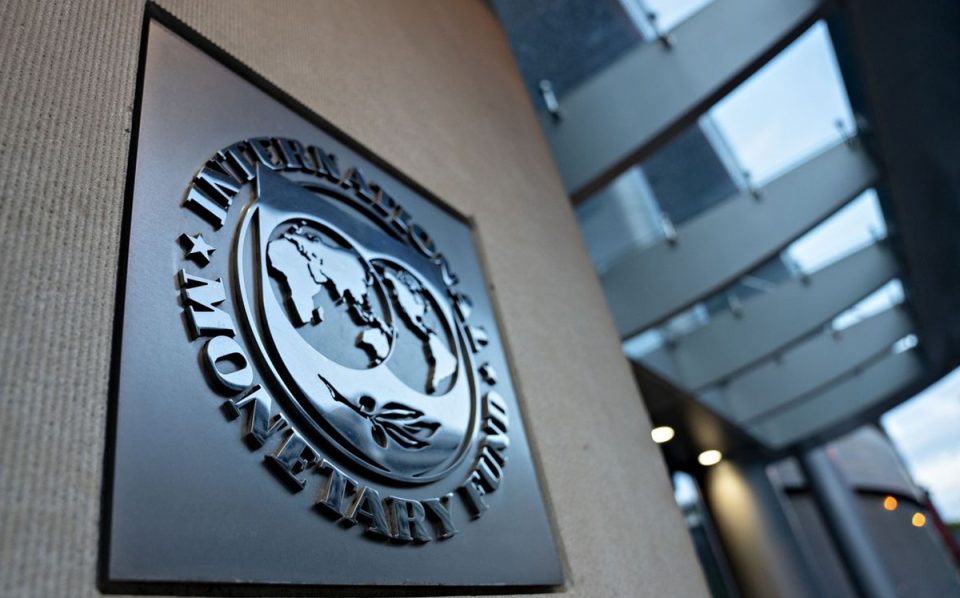The International Monetary Fund has warned that Nigeria and other emerging economies must cut greenhouse gas emissions by at least a quarter before the end of this decade to achieve carbon neutrality by 2050.
It stated that the progress needed toward such a major shift would inevitably impose short-term economic costs, though these were dwarfed by the innumerable long-term benefits of slowing climate change.
In a new report titled “Further Delaying Climate Policies Will Hurt Economic Growth,” the IMF estimated the near-term impact of different climate mitigation policies on output and inflation.
It said if the right measures were implemented immediately and phased in over the next eight years, the costs would be small. It, however, stated that if the transition to renewables was delayed, the costs would be much greater.
To assess the short-term impact of transitioning to renewables, the Washington-based lender said it developed a model that split countries into four regions, including China, the Euro area, the United States, and a block representing the rest of the world.
It said the model assumed that each region introduced budget-neutral policies that include greenhouse gas taxes, which were increased gradually to achieve a 25 per cent reduction in emissions by 2030, combined with transfers to households, subsidies to low-emitting technologies, and labour tax cuts.
The report partly read, “The results show that such a policy package could slow global economic growth by 0.15 percentage point to 0.25 percentage point annually from now until 2030, depending on how quickly regions can wean off fossil fuels for electricity generation.
“The more difficult the transition to clean electricity, the greater the greenhouse gas tax increase or equivalent regulations needed to incentivise change, and the larger the macroeconomic costs in terms of lost output and higher inflation.”
According to the report, for Europe, the United States, and China, the costs would likely be lower, ranging between 0.05 percentage point and 0.20 percentage point on average over eight years.
It, however, noted that the costs would be highest for fossil-fuel exporters and energy-intensive emerging market economies, which on balance would drive the results for the rest of the world.
“That means countries must cooperate more on finance and technology needed to reduce costs and share more of the required know-how especially when it comes to low-income countries,” the IMF stated.
It added, “In all cases, however, policymakers should consider potential long-term output losses from unchecked climate change, which could be orders of magnitude larger according to some estimates.”




